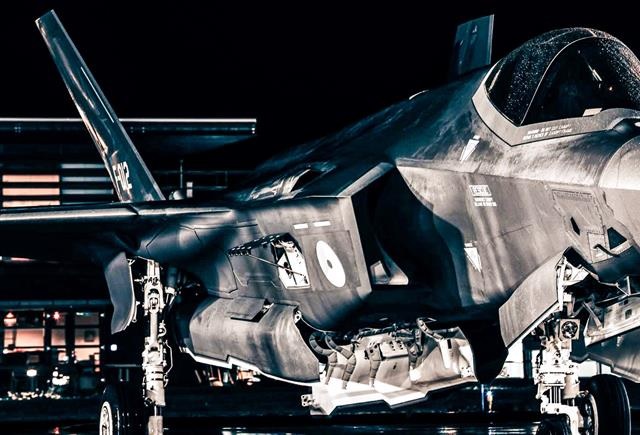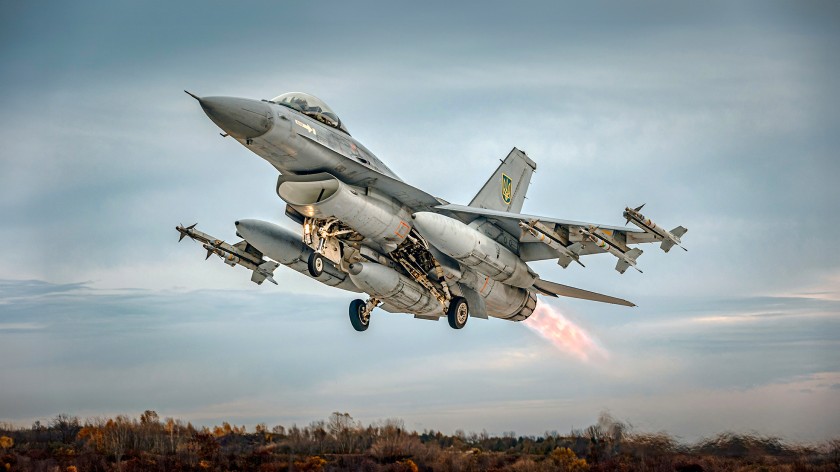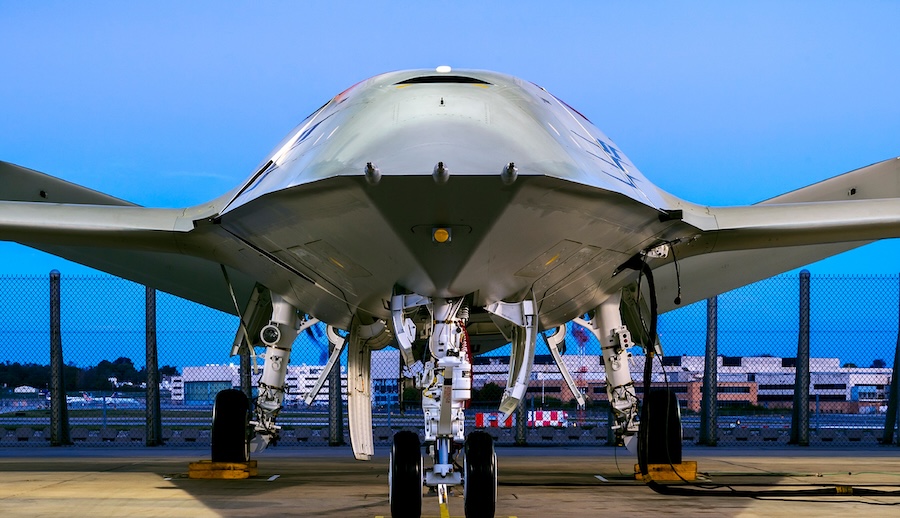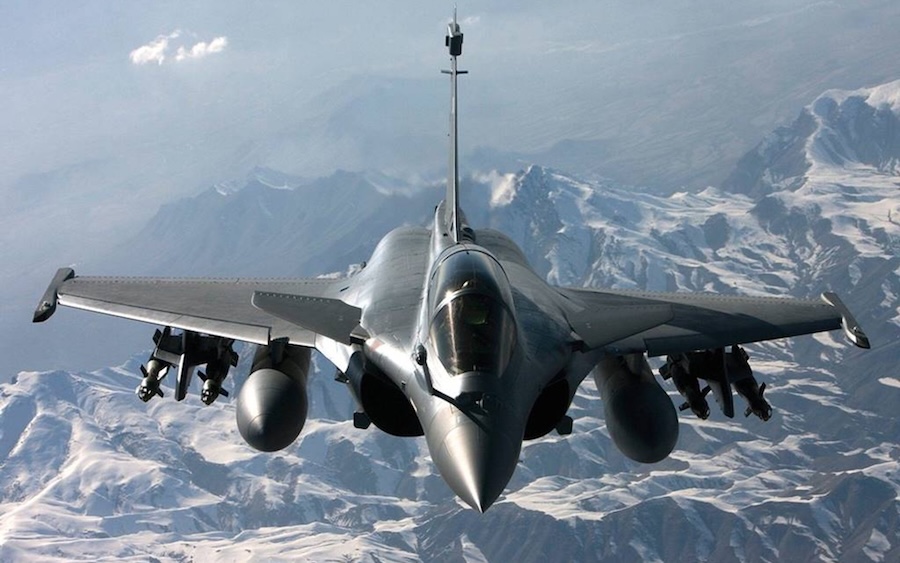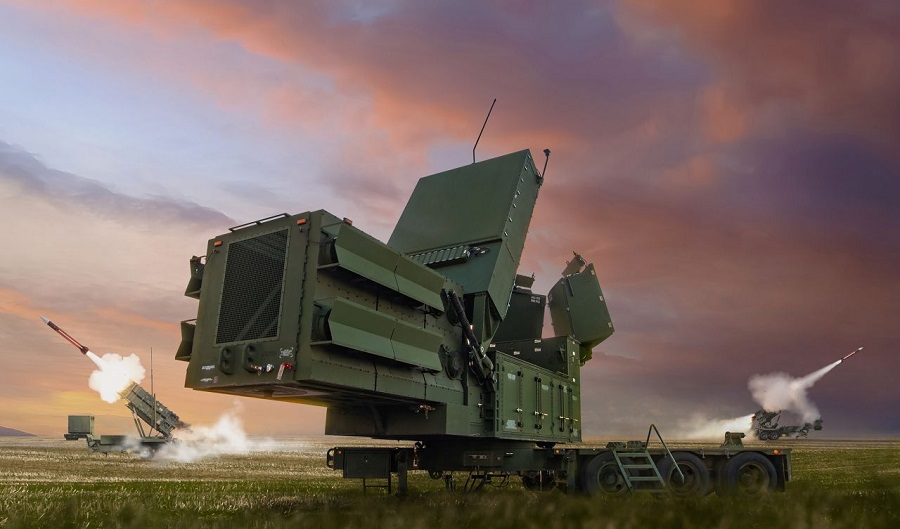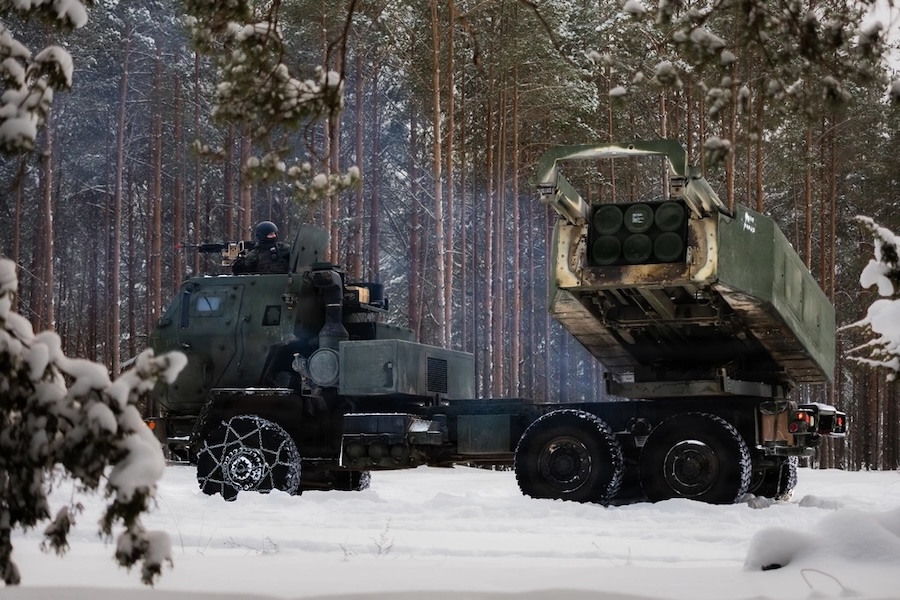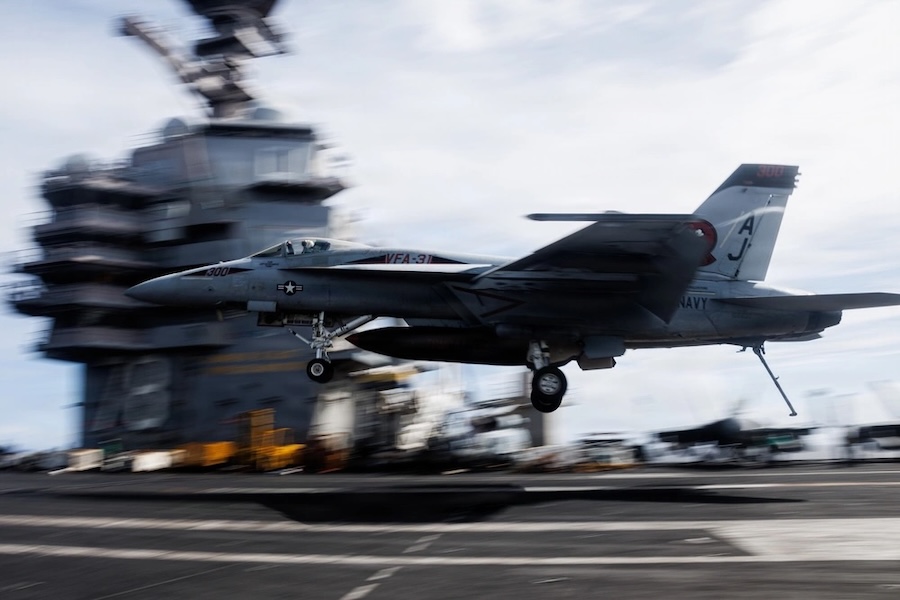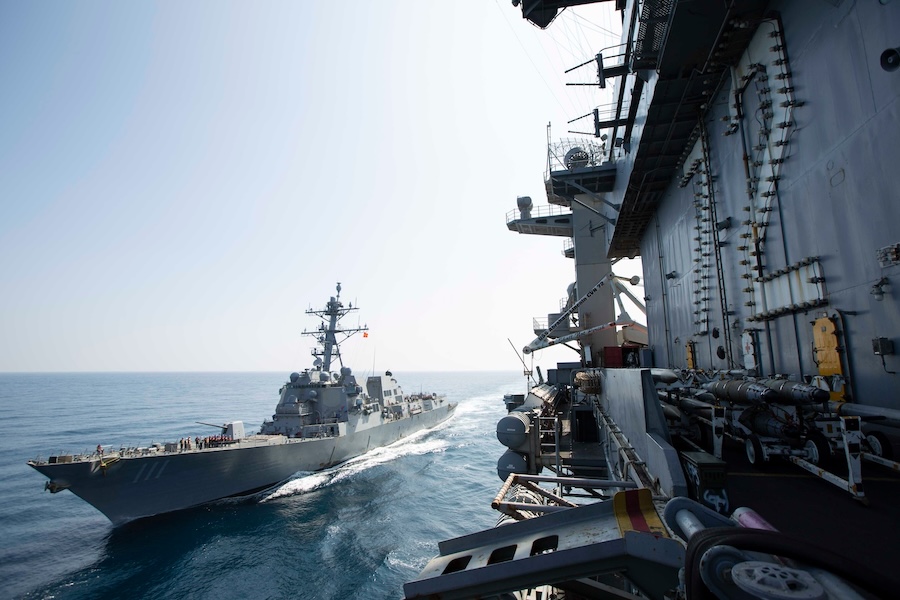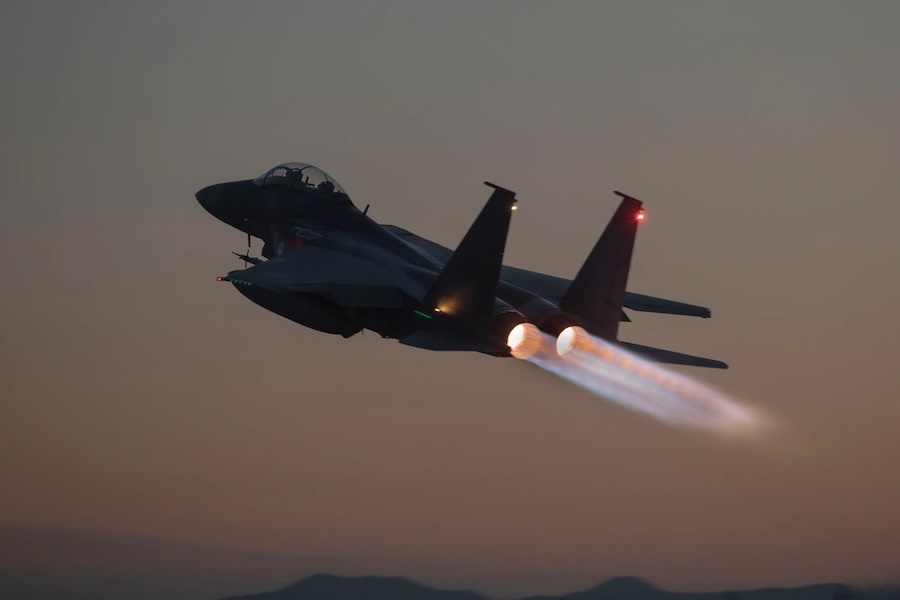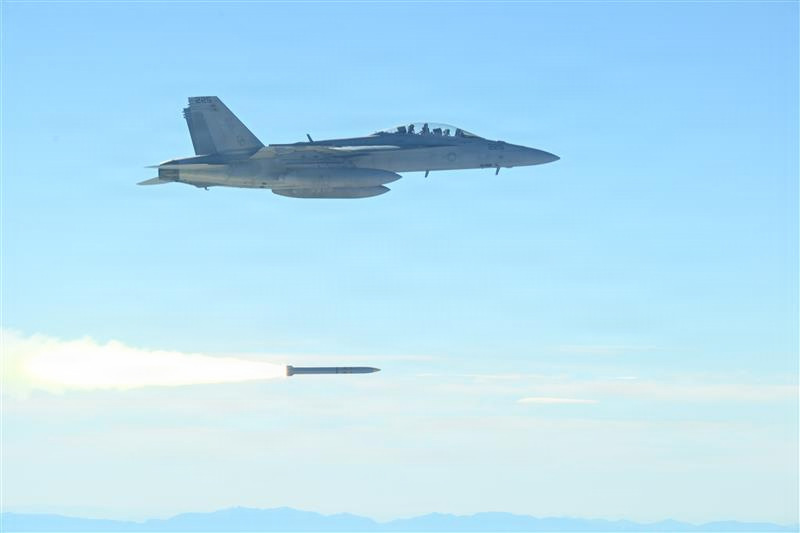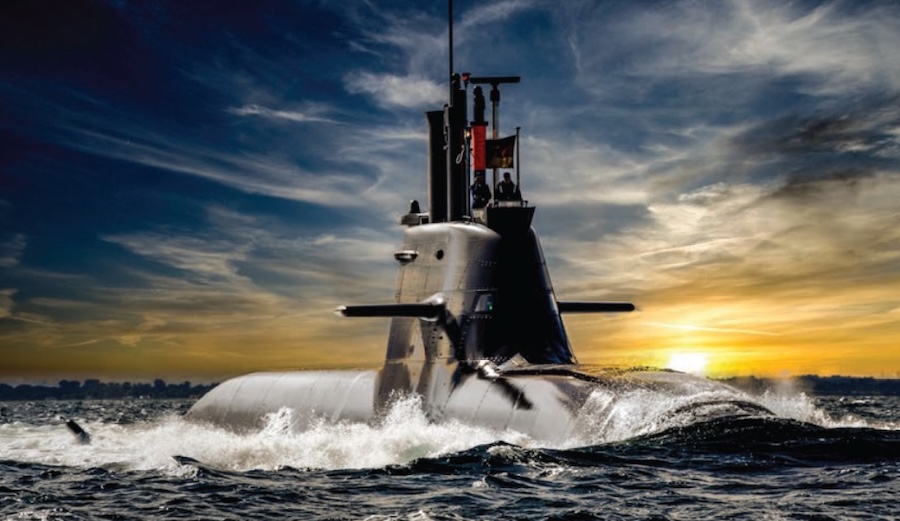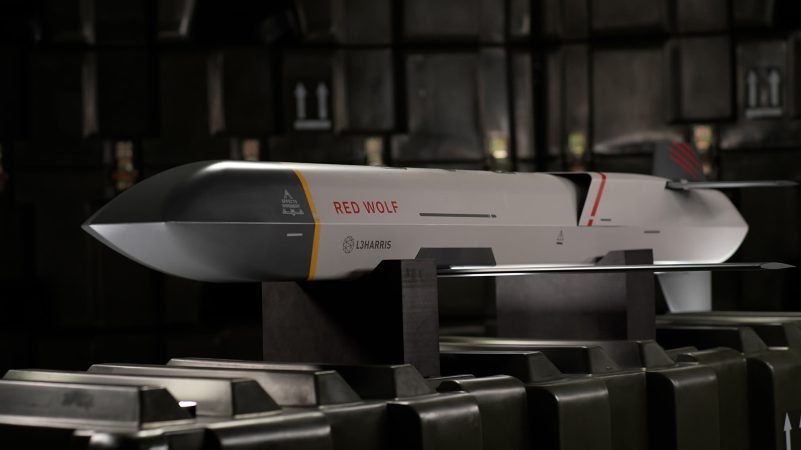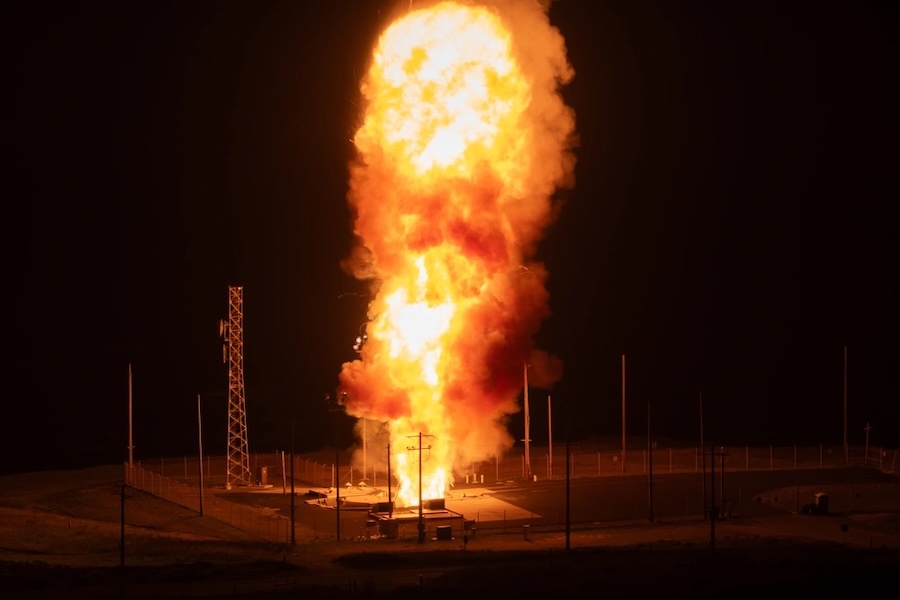“The violation of Poland’s airspace earlier in the week was not an isolated incident and impacts more than just Poland,” NATO’s Supreme Allied Commander Europe (SACEUR), General Alexus G. Grynkewich, said on September 12 at a joint press conference with NATO Secretary General Mark Rutte. “While a full assessment of the incident is ongoing, NATO is not waiting, we are acting.”
For more than six decades, Air Policing has provided security in the skies during peacetime. It is a continuous mission to preserve the integrity of NATO airspace. Allied aircraft on Air Policing duties ensure unidentified aircraft and potential air threats are detected, tracked, and if necessary, intercepted. Today, with Russia’s war against Ukraine spilling instability across borders and drones intruding into NATO skies, the mission has never been more vital.
NATO Air Policing and enhanced Air Policing detachments are stationed across the eastern flank: in Šiauliai, Lithuania, Hungary supports Baltic Air Policing with Gripens alongside Spanish Eurofighters; in Ämari, Estonia, Italian F-35s conduct the mission; and in Romania, German Eurofighters are deployed under enhanced Air Policing at Mihail Kogălniceanu Air Base. NATO also augments national capabilities to ensure every inch of NATO airspace is protected.
NATO’s basing agility enables flexibility in force posturing. In Poland, Dutch F-35s contribute under NATO’s Security Assistance and Training for Ukraine (NSATU), which coordinates support to Ukraine while reinforcing Allied security. These forces are now bolstered by additional deployments under NATO’s Eastern Sentry, launched in direct response to Russia’s violation of NATO airspace. The newly positioned French Rafale conducting its first A-Scramble in support of Eastern Sentry over the weekend.
“Eastern Sentry and this new approach will deliver even more focused and flexible deterrence and defence where and when needed to protect our people and deter against further reckless and dangerous acts like what occurred earlier in the week,” General Grynkewich added on Sept. 12.
The need for vigilance was further reinforced last week, in addition to scrambles executed by NATO’s Air Policing detachments, Swedish and Danish fighters took off under National authority to identified Russian aircraft, including two SU-30s and an IL-20 reconnaissance plane, flying over the southern Baltic Sea. National entities coordinate seamlessly, demonstrating robust readiness and cooperation in protecting NATO airspace.
NATO Air Policing is about more than quick responses. It is about assurance – knowing that Allied radar stations, surveillance aircraft, and command centres are monitoring the skies 24/7/365. When threats emerge, whether drones, fighters, or reconnaissance aircraft, NATO aircrews from across the 32-member Alliance stand ready to act together: The Alliance will defend its people, its airspace, and its territory against any threat.
As NATO adapts to evolving challenges, the message remains clear – from the Baltics to the Black Sea, the Alliance is present, prepared, and united. NATO Air Policing embodies this commitment, protecting NATO skies every hour of every day. Activities and events, not just from this recent week, but spanning over 60 years, demonstrate NATO Allied Air Command’s robust ability to respond anytime, anywhere.
Coupled with Allied Air Policing, Ballistic Missile Defence (BMD) is also a continuous mission committed to defending NATO territory. Together, they comprise NATO’s robust Integrated Air and Missile Defence (IAMD) construct, conducted across NATO territory and is prepared to address the full spectrum of threats.
IAMD is conducted using a multi-domain 360-degree approach across NATO territory and is prepared to address the full spectrum of threats. It is a collaborative effort and a key pillar of NATO’s collective defence demonstrating Allied unity and cohesion.
“I think what we have seen last night was a very successful reaction by NATO and Allies, including of course, Poland itself, but also the Dutch and the Italians and the Germans, everybody involved,” NATO Secretary Rutte said on Sept. 10, praising the Allied Airpower response, during his statement to the press following the violation of Polish airspace by Russian drones. “And I’m really impressed. So of course, we always have to make sure that we are one step ahead. But I think last night showed that we are able to defend every inch of NATO territory including, of course, its airspace.”
Source: Allied Air Command.


